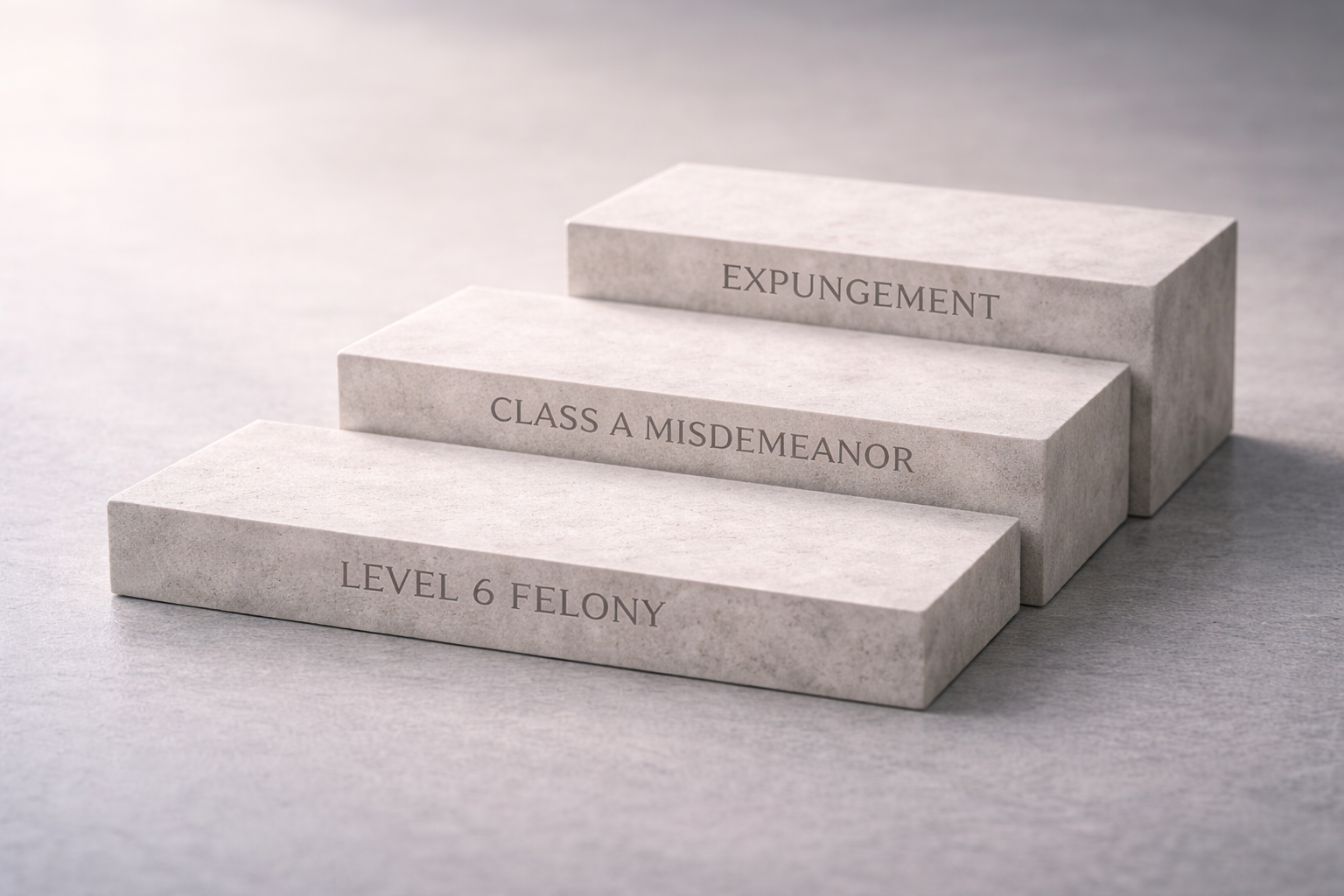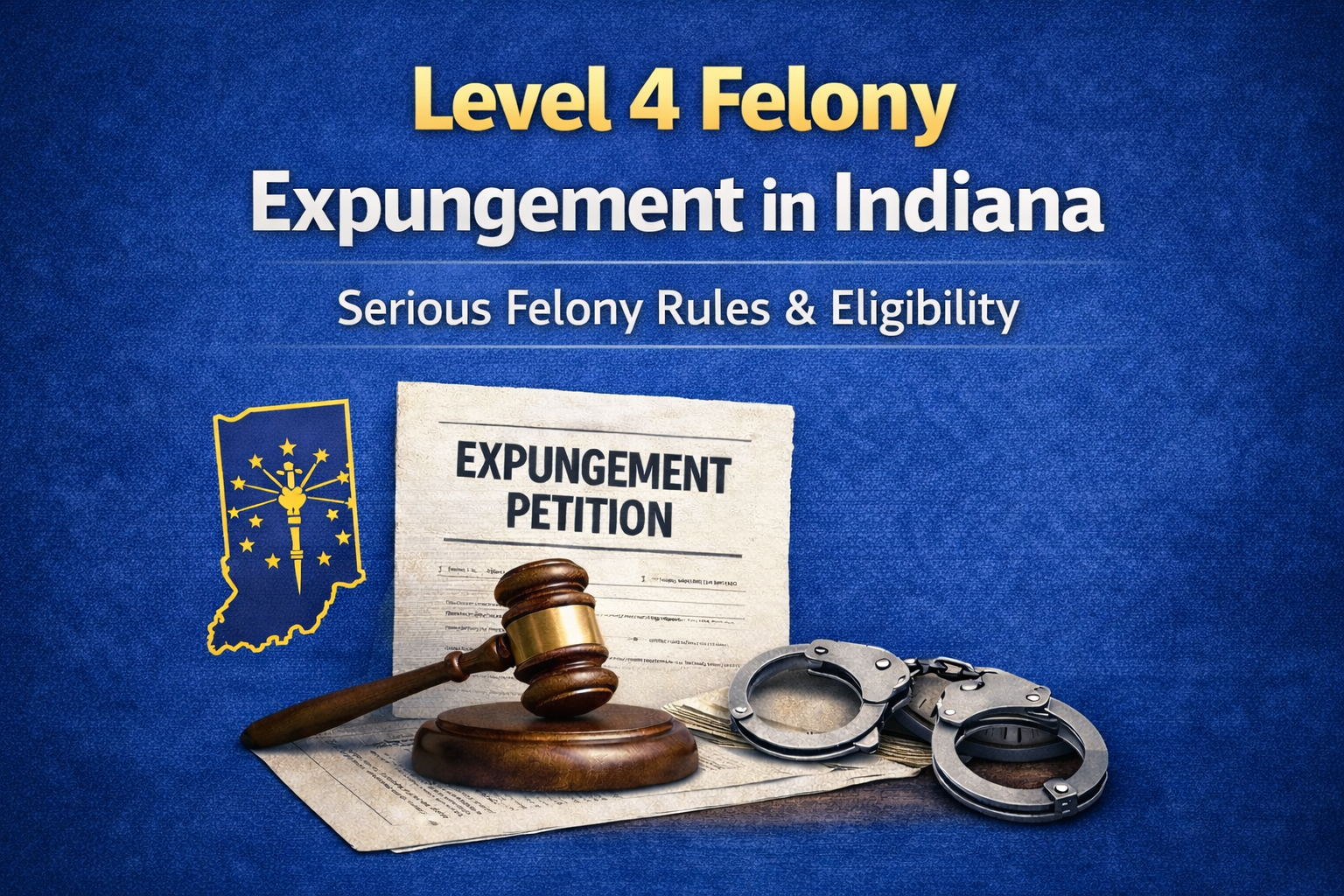Simple Battery vs. Aggravated Battery in Indiana: What’s the Difference?
Introduction: Understanding Battery Charges in Indiana
Battery is a serious criminal charge in Indiana, but not all battery offenses are the same. The law distinguishes between simple battery and aggravated battery, with aggravated battery carrying much harsher penalties due to the severity of the injuries involved.
If you are facing battery charges in Indiana, it is essential to understand:
✔ When battery becomes a felony
✔ How the severity of injuries affects the charge
✔ The penalties for simple battery vs. aggravated battery
✔ Possible legal defenses that can help fight the charges
📞 Charged with battery? Protect your future—call Vining Legal LLC at (317) 759-3225 or schedule a consultation today.
What Is Simple Battery in Indiana?
Under Indiana Code § 35-42-2-1, simple battery occurs when someone knowingly or intentionally touches another person in a rude, insolent, or angry manner, OR causes bodily injury to another person.
When Is Battery a Misdemeanor?
🔹 Battery is a Class B misdemeanor if it involves offensive touching with no injury (e.g., shoving, spitting, slapping).
🔹 Battery is a Class A misdemeanor if it causes bodily injury (e.g., bruising, swelling, minor cuts).
📌 Penalties for Simple Battery (Class A Misdemeanor):
✔ Up to 1 year in jail
✔ Fines up to $5,000
✔ Possible probation and community service
When Does Battery Become a Felony?
🔹 Battery becomes a felony when:
✔ It causes moderate or serious bodily injury.
✔ It is committed against certain protected individuals (police, teachers, public officials).
✔ It involves the use of a deadly weapon.
What Is Aggravated Battery in Indiana?
Under Indiana Code § 35-42-2-1.5, aggravated battery occurs when someone intentionally or knowingly inflicts serious injury that:
✔ Creates a substantial risk of death
✔ Causes permanent disfigurement or impairment
✔ Results in the loss of a limb or organ
📌 Penalties for Aggravated Battery (Level 3 Felony):
✔ 3 to 16 years in prison (advisory sentence: 9 years)
✔ Fines up to $10,000
📌 When Aggravated Battery Becomes a Level 1 Felony:
✔ If the victim is under 14 years old and suffers catastrophic injuries.
✔ If the victim is disabled or elderly and suffers life-threatening harm.
✔ Penalties: 20 to 40 years in prison
Key Differences Between Simple Battery and Aggravated Battery
| Factor | Simple Battery (Misdemeanor) | Aggravated Battery (Felony) |
|---|---|---|
| Level of Injury | Minor injuries or offensive touching | Serious bodily injury or permanent impairment |
| Use of a Weapon | Usually not involved | May involve a deadly weapon |
| Victim | Any individual | Enhanced penalties for children, elderly, or public officials |
| Penalty | Up to 1 year in jail, $5,000 fine | 3–40 years in prison, $10,000 fine |
📌 TIP: Even minor battery charges can escalate if injuries worsen over time.
Legal Defenses to Fight Battery Charges
If you are facing battery charges, an attorney can build a defense based on the circumstances of the incident.
1. Self-Defense
✔ You used reasonable force to protect yourself from harm.
✔ The other party was the aggressor and initiated physical contact.
2. Defense of Others
✔ You intervened to protect someone else from being attacked.
✔ You used only the necessary force to stop the threat.
3. Lack of Intent
✔ The incident was an accident, and you did not intend to harm the victim.
✔ Example: You bumped into someone, and they fell, but it wasn’t intentional.
4. False Accusations
✔ The alleged victim is exaggerating or lying about what happened.
✔ There are no witnesses or physical evidence to support the claim.
5. No Serious Injury
✔ If injuries were not serious, the charge may be reduced to a misdemeanor.
✔ Medical records can help disprove excessive injury claims.
📌 TIP: An experienced defense attorney can challenge exaggerated claims and unfair felony charges.
📞 Facing battery charges? Contact Vining Legal LLC at (317) 759-3225 or schedule a consultation.
Why You Need a Criminal Defense Attorney for Battery Charges
🚨 Even a misdemeanor battery conviction can result in jail time, probation, fines, and a criminal record.
An attorney can:
✔ Negotiate to reduce or dismiss charges
✔ Present evidence that supports your defense
✔ Challenge medical reports and witness statements
✔ Argue for probation instead of jail time
📞 Charged with battery? Protect your future—call Vining Legal LLC at (317) 759-3225 or schedule a consultation today.
Conclusion: Protect Yourself Against Battery Charges
✔ Understand when battery is a misdemeanor vs. a felony
✔ Know the potential penalties and how injuries affect the case
✔ Explore possible legal defenses to avoid a conviction
✔ Work with an experienced criminal defense attorney
📞 Need legal help? Contact Vining Legal LLC at (317) 759-3225 or schedule a consultation today.





